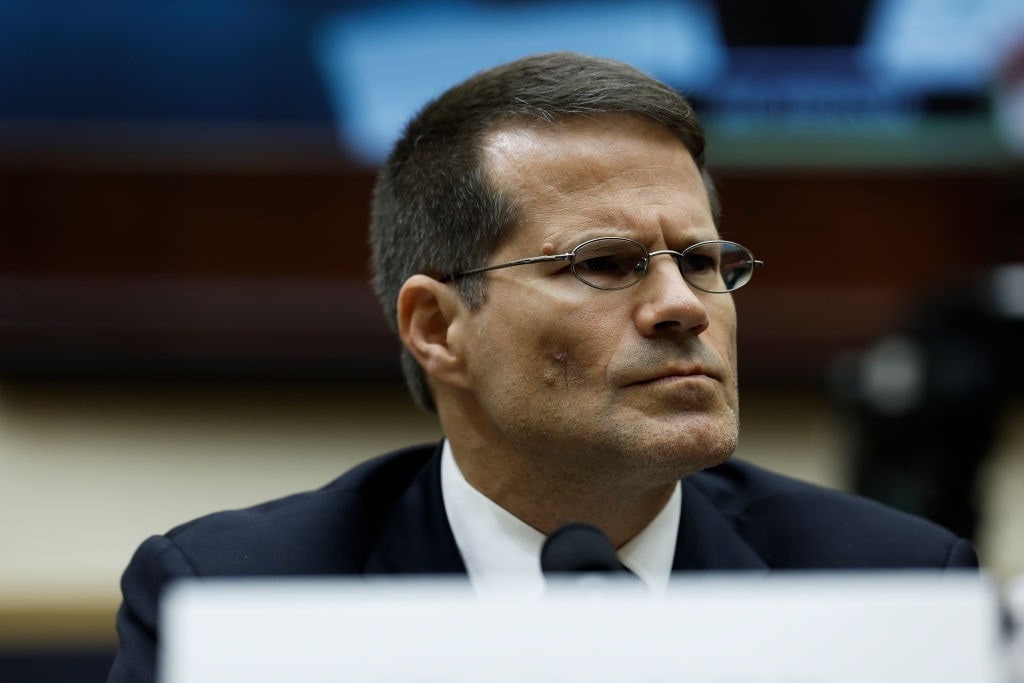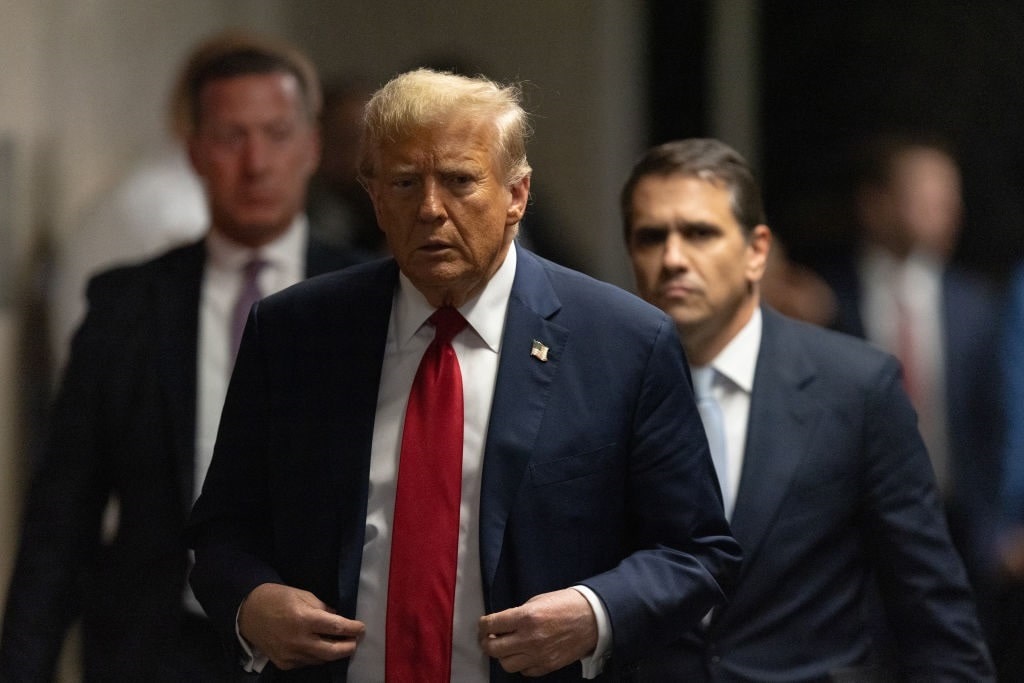On Thursday, April 25, the United States Supreme Court heard oral arguments regarding the election interference case brought by Jack Smith, a Department of Justice special counsel, against former President Donald Trump. In doing so, it ventured, perhaps reluctantly, onto a path rarely traveled. The principal issue is the extent to which a former president can be held criminally liable for actions taken while in office as well as where the line can be drawn between official actions and those that are taken for purely personal gain – a question that determines the extent to which the chief executive enjoys immunity.
 The Court’s eventual ruling and the outcome of a possible trial will have far-reaching implications for the office of the presidency.
The Court’s eventual ruling and the outcome of a possible trial will have far-reaching implications for the office of the presidency.
Liberty Nation Legal Affairs Editor Scott D. Cosenza, Esq. breaks down the pivotal questions tackled by the nation’s highest court.
Graham J. Noble: The popular portrayal of this decision before the Supreme Court is that former President Donald Trump is claiming absolute immunity – that is, a president cannot be prosecuted for any action they take while in office. Is that really the case, though? Trump’s attorney, John Sauer, did not appear to be making that extreme argument.
Scott D. Cosenza, Esq.: It isn’t Trump’s position that he can go carjack someone without criminal liability. Mr. Trump’s legal position is that a president engages in some private and some official conduct. It is the official conduct for which he has immunity from prosecution unless he is convicted first by the US Senate after being impeached by the House of Representatives. Mr. Sauer mentioned the lower court ruling in the case, and one judge’s reasoning that actions “plausibly connected to the president’s official duties are official acts.” Sauer said the Court should adopt that understanding, and further, “if it’s a close case or it appears there’s considerations on the other side, that also should be treated as immune.”

John Sauer (Photo by Anna Moneymaker/Getty Images)
Graham: Sauer told the panel that this determination should be made by a lower court prior to the commencement of the trial proper. He said a DC circuit court should determine the issue. Given what appears to be a distinct bias in DC against Trump, isn’t that dangerous for the former president? Could that lower court simply decide that everything Trump did was for personal gain and, therefore, subject to prosecution?
Scott: The short answer is yes but with a giant caveat. The trial court judge is Barack Obama’s appointee, Judge Tanya Chutkan. While we should expect her to rule against Trump and support his prosecution, such a process would delay any trial beyond the November elections. There would be hearings and appeals on these issues, likely forcing things well into 2025. Given that the impetus behind this and other prosecutions of the former president seems designed to frustrate his campaign for the White House, it would still be a win for Trump.
Graham: Justice Elena Kagan gave the hypothetical example of a president using the military to stage a coup to remain in power. Later, Justice Ketanji Brown Jackson suggested that a sitting president has no immunity because, if they did, they could get away with any criminal act. The special counsel’s attorney, Michael Dreeben, also appeared to argue that the scope of presidential immunity is exceptionally narrow. Is that true? It seems to be the case that every former president – even the ones who were impeached – enjoyed comprehensive immunity against criminal prosecution.
Scott: Graham, the immunity or culpability of former presidents to any crime seems to only rest on the willingness of prosecutors to file charges against them, per Dreeben’s arguments! Chief Justice John Roberts asked Mr. Dreeben about this, saying, “the court of appeals below, whose decision we’re reviewing, said, ‘A former president can be prosecuted for his official acts because the fact of the prosecution means that the former president has allegedly acted in defiance of the laws.’ Do you agree with that statement?” Dreeben did agree, and Roberts said the statement “concerns me,” and “As I read it, it says simply a former president can be prosecuted because he’s being prosecuted.” You can bet dollars to donuts; if Trump is found liable for prosecution, we will see indictments against the other four living former presidents before too long, as well.
Graham: Speaking for the Department of Justice, Dreeben based much of his argument on the accusation that Trump’s actions after the 2020 election were criminal because they were taken for personal gain, i.e., remaining in office. Justice Neil Gorsuch pointed out that all incumbent presidents are motivated by the desire to get re-elected. This moves us to the big question of whether a president – or anyone else – should be criminally prosecuted based on perceived personal motivation. If that became an acceptable standard, would not every future chief executive be in legal jeopardy?
Scott: Gorsuch said, “every first-term president – everything he does can be seen through the prism, by critics at least, of his personal interest in re-election.” It’s hard to understand how a judge unmotivated by political bias would fairly divine the purpose of any act to determine the real motivation. Did a president offer a student loan forgiveness program to remedy a social ill and correct lousy policy, or did he do it to buy votes in a future election?
Graham: Did you get a feel for where the Court is going on this case, or is it too speculative to draw conclusions about what the justices are thinking based on their respective lines of questioning?
Scott: Some cases seem easy to predict, while others are a black box. It’s a fool’s errand, however, to try and divine exactly where any justice will come down on a case of first impression, where a new standard must be written. Here, it seems like Trump will get a win on the calendar first. That is to say, I doubt the Court will issue a ruling in this case very soon. Even if Mr. Trump loses his immunity bid in full, if that defeat is announced at the very end of June, a trial by November will be hard to manage. Between that timing and the possibility that they will send the case back down to the district court to rule on official vs private acts, Trump has an excellent chance of beating the clock to the election, free from this criminal trial.




